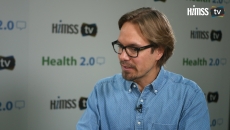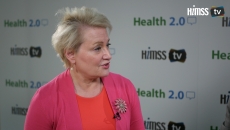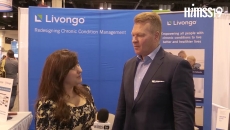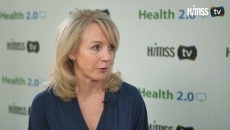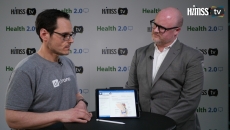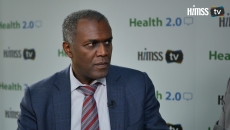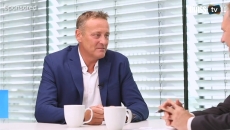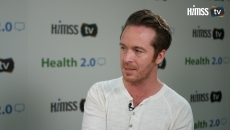HIMSS TV
Quest Analytics CEO Ari Tulla compares and contrasts the United States and European healthcare systems – and explains why eliminating data silos is key to better outcomes in each.
Technology is no longer a barrier to at-home healthcare, says Susan Dentzer, president and CEO of the Network for Excellence in Health Innovation.
In the first edition of the HIMSS TV Deep Dive series, we look at the crisis of opioid addiction in the United States, and how to treat and prevent overuse and addiction.
Artificial intelligence can make care more personal from both the clinical and consumer perspective, claims Livongo CEO Zane Burke.
Meru Health's digital solution aims to interrupt the downward spiral of depression and anxiety that could lead to suicide, says Emily Hine, VP of business development.
Daniel Kivatinos, COO and co-founder of DrChrono, gives a rundown of his company's mobile EHR platform and demonstrates how it works on either a tablet or smartwatch.
Dr. Steve Lockhart, CMO at Sutter Health, discusses social determinants of health, why unequal care is among the "most disappointing elements" of the U.S. healthcare system and how to fix that.
NetApp is focusing on the citizen's data fabric, which empowers them to stay in control of their data wherever they would like to store it, says Philippe Wackers, the company's EMEA healthcare innovation manager.
Dr. John Herman, associate chief of the Department of Psychiatry at Massachusetts General Hospital, says properly vetted apps and technologies present an opportunity for the underserved to get needed help.
By asking evocative questions and analyzing facial expressions and voice inflection, AiME (Artificial Intelligence Mental Evaluation) can assess the risk of depression, anxiety and addiction, says Textpert founder and CEO Ray Christian.

